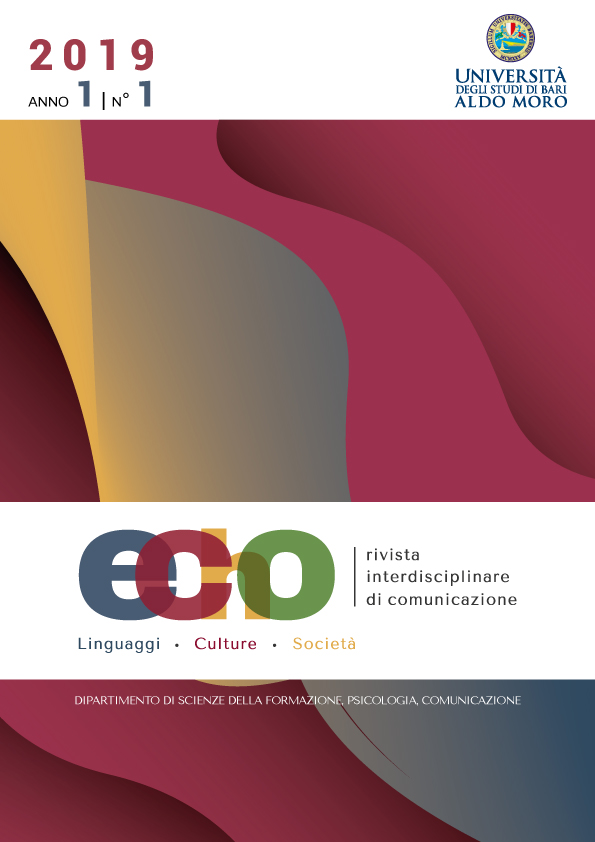Ricostituzione epistemico-estetica: l’aesthesis decoloniale un decennio dopo
DOI:
https://doi.org/10.15162/2704-8659/1141Parole chiave:
Decolonial gnoseology, decolonial aesthesis, decolonial healingAbstract
My main argument combines two decolonial instances. The first one is the decolonial re-orientation introduced by Aníbal Quijano (in 1990) at the very end of the Cold War. In the 80s it was already evident that the objectives of decolonization could not be achieved through the founding of national states. Quijano intuited that the coloniality of power was an invisible and underlying structure of Western civilization, hidden under the pledges made in the name of modernity. For Quijano, the decolonial task was, in the first place, to get rid of the coloniality of power and, secondly, to engage in epistemological reconstitution. The second instance, 20 years later, was the introduction of decolonial reflections within the framework of the coloniality of power of aesthetic restitution. In the process of advancing in the epistemological and aesthetic reconstitution, we rescue the concept of aesthesis from the oblivion to which the hegemony of aesthetics relegated it. Although the word comes from Greece, we appropriate it in the framework of decolonial thinking. In this essay, I reintroduce the concept of gnosis, already incorporated in Local Histories/Global Designs (2000), to re-organize the senses and the politics of epistemic/aesthetic reconstitution (two modern/colonial concepts).








